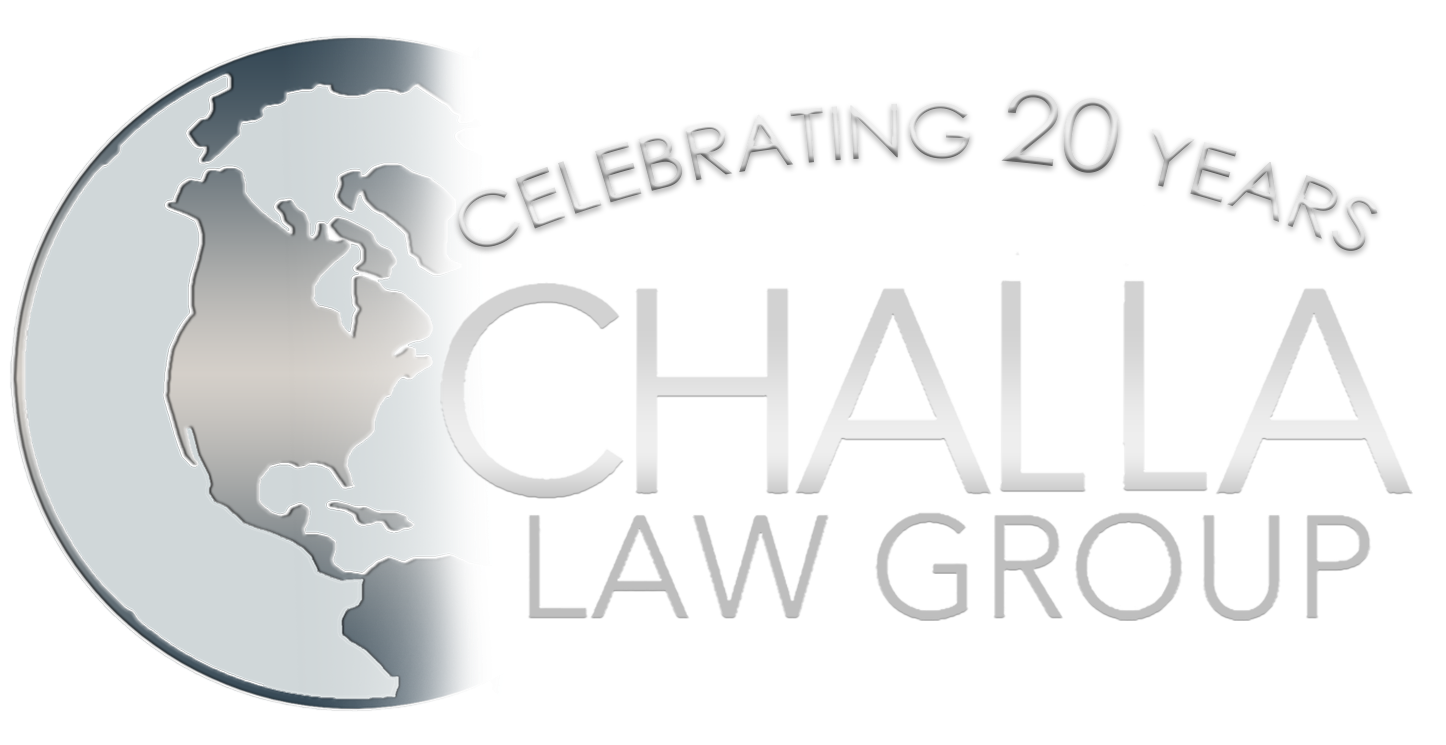USCIS Updates Visitor Policy for Vaccinated Individuals
USCIS announced a change to the visitor policy to align more closely with Centers for Disease Control (CDC) guidance. If you are fully vaccinated, USCIS states that you may enter the office without a face covering. Full vaccinated is defined as an individual at least two weeks past the receipt of the second dose in a two-dose series or at least two weeks after receiving a single-dose vaccine. If a location is controlled by DHS, the announcement states that the guidance supersedes state, local, tribal, or territorial rules and regulations regarding face coverings.
The announcement also states that all applicants, petitioners, and visitors two years or older who are not fully vaccinated to wear face coverings that cover the mouth and nose while in USCIS offices. Face coverings must follow CDC guidance and USCIS states that neck gaiters, bandanas, or masks with exhaust valves are not approved face coverings. While a replacement mask may be available, USCIS could also ask you to reschedule your appointment and reserves the right to deny entry to anyone who is not wearing an acceptable face covering. USCIS also notes that social distancing measures and limits on the number of people in the waiting room are still in place. You may also be directed to remove your face covering briefly so that USCIS personnel can confirm your identity or take your photograph.
Individuals with appointments may only be accompanied by an attorney, interpreter (if permitted), parent, legal guardian, or trusted adult (if applicant is a minor), immediate family members listed as dependents on the application or interview notice, and an individual assisting a disabled person. Guests are also not permitted at naturalization ceremonies (with the exception of individuals helping disabled persons). Face coverings are required during the ceremony for individuals who are not fully vaccinated, even if the ceremony is held outside.
USCIS offices continue to follow additional COVID-19 protocols, such as hand sanitizer at the entrance, markings and barriers in the office to promote social distancing, and health screening questions. Individuals are encouraged to bring their own black or blue ink pens. Individuals may not enter the USCIS facility more than 15 minutes before their scheduled appointment time, or 30 minutes before naturalization ceremonies.
- You may not enter a USCIS facility if you:
- Have any symptoms of COVID-19, including a recently developed cough, fever, difficulty breathing, new loss of smell or taste, fatigue, muscle aches, headache, congestion, sore throat, or vomiting (list is not all-inclusive);
- Have been in close contact (within six feet for a total of 15 minutes or more) with anyone known to have COVID-19 in the last 14 days (unless you are fully vaccinated or you are a health care worker and consistently wear an N95 respirator and proper PPE or equivalent when in contact with COVID-19 positive individuals);
- DEFINITION: Fully vaccinated is at least two weeks from receipt of the second dose in a two-dose series or at least two weeks from receipt of a single-dose vaccine
- Have returned from domestic air, international air or cruise ship travel in the past 10 days (unless you are fully vaccinated);
- Have been instructed to self-quarantine or self-isolate by a health care provider, public health authority or government agency within the last 14 days; or
- Refuse to wear a face covering or mask in accordance with USCIS policy (unless you are fully vaccinated).
While not outlined in the USCIS announcement or COVID-19 guidance, it is possible that field offices could ask for proof of vaccination if you arrive without a face covering. To prevent delays or rescheduling of your appointment, please be prepared with an appropriate face covering, as well as proof of vaccination.
To reschedule your appointment, call the USCIS Contact Center at 800-375-5283 (TTY 800-767-1833). To reschedule your appointment with an asylum office, please follow the instructions in your interview notice.
Connecting with Challa Law Group
Join us on Wednesdays for a live webinar at 12 PM ET on critical immigration updates
Don’t miss out on the immigration news! You can sign up for our mailing list or follow us on Facebook, Twitter, Instagram, YouTube, or LinkedIn. You can also join our Telegram community.
Contact us at info@challalaw.com or 804-360-8482 to get your case started today.







